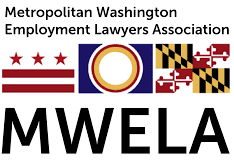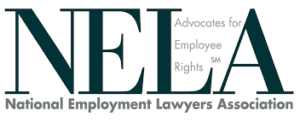Johnsenia Brooks
Anxiety produced by COVID-19 has been growing exponentially, much like the number of people infected with the virus each day. The biggest hope we could have for our family members and loved ones is that the chances of infection remain even more distant than the 6 feet we keep from each other. However, virus spread projections have instilled in us a new fear of getting infected and we cannot fall victims to being ill-prepared. Luckily, for many employees, new provisions have extended laws that were meant to protect the family unit without requiring employees to choose between their jobs and taking care of a loved one.
The federal Family & Medical Leave Act (FMLA) allows a qualified employee to take up to 12 weeks of unpaid leave within a 12-month period if they or an immediate family member requires care for a “serious health condition.” The fundamental principle of this law protects employees from having to choose between the job they need and the family members in need of their care.
The law also guarantees that a qualified employee continues receiving health insurance benefits and requires their employer to offer them the same or equivalent position when they return. Qualified employees are defined as individuals who have worked for at least one year, over 1,250 hours in the prior year, and whose employer has at least 50 employees in a 75-mile radius.
The Families First Coronavirus Response Act (FFCRA) allows employees who work for employers of less than 500 employees to take up to 80 hours of paid emergency sick leave. An employee may take emergency sick leave under the FFCRA if they are:
- Caring for an individual who is subject to a Federal, State, or local quarantine or isolation order related to COVID-19 ;
- Advised by a health care provider to self-quarantine due to concerns related to COVID-19;
- Experiencing symptoms of COVID-19 and seeking a medical diagnosis;
- Caring for a child whose school or place of care is closed, or child care provider is unavailable, due to COVID-19 related reasons; or
- Experiencing any other conditions, as specified by the Secretary of Health and Human Services.
The rate of pay varies depending on the circumstances, and more information is available through the Department of Labor. The FFCRA’s paid leave provisions are effective on April 1, 2020, and apply to leave taken between April 1, 2020, and December 31, 2020.Local and state laws may provide even greater protections for employees. Click for information regarding protections for employees in Washington D.C., Maryland, and Virginia.


